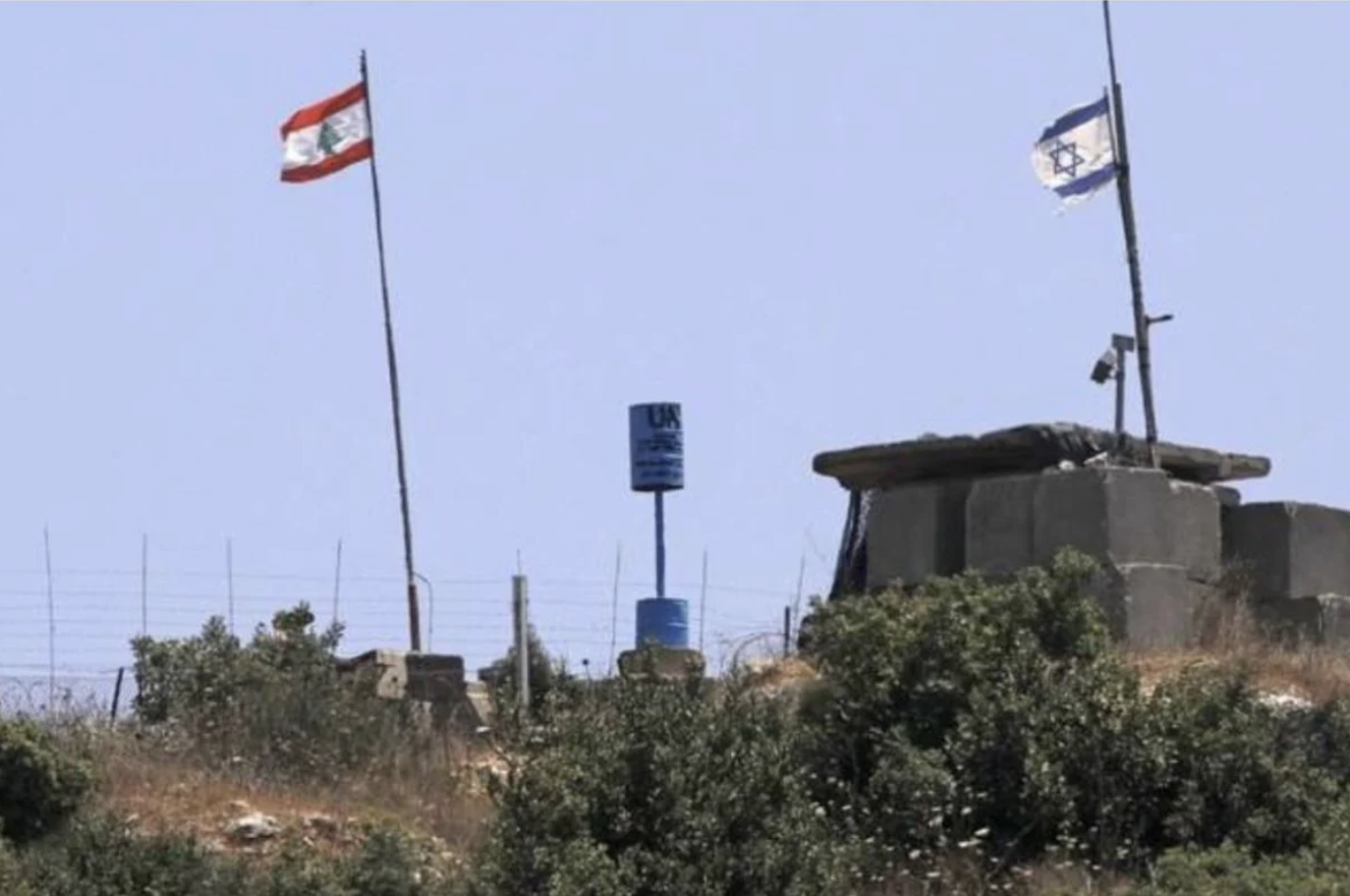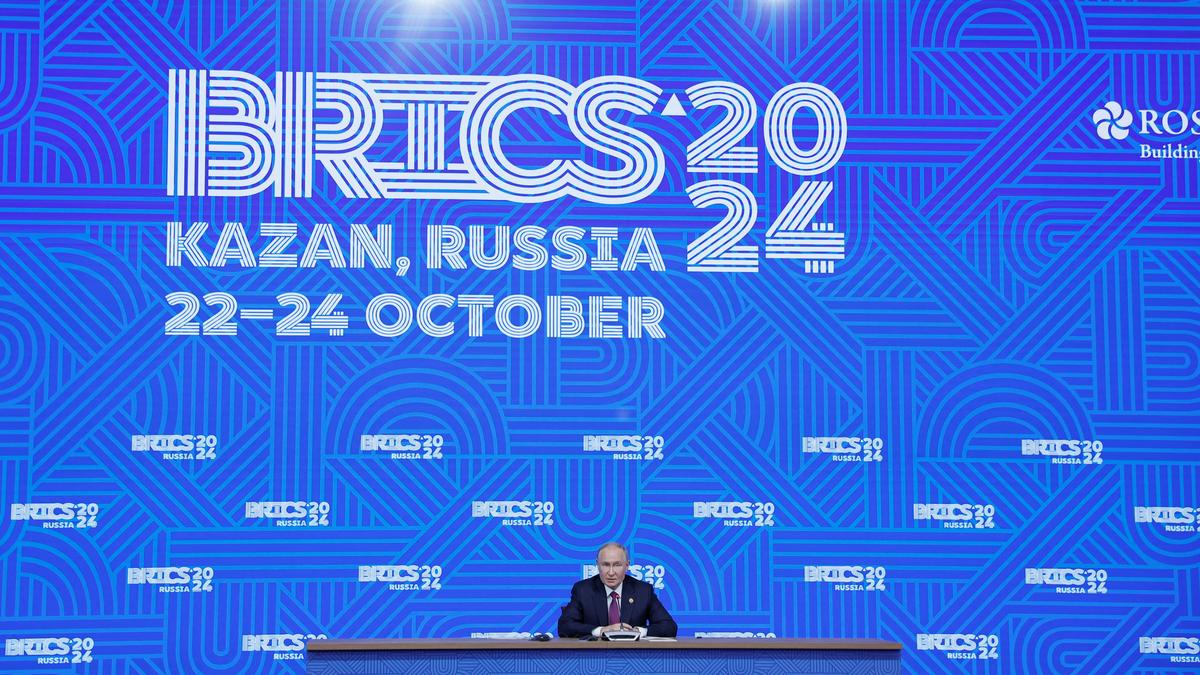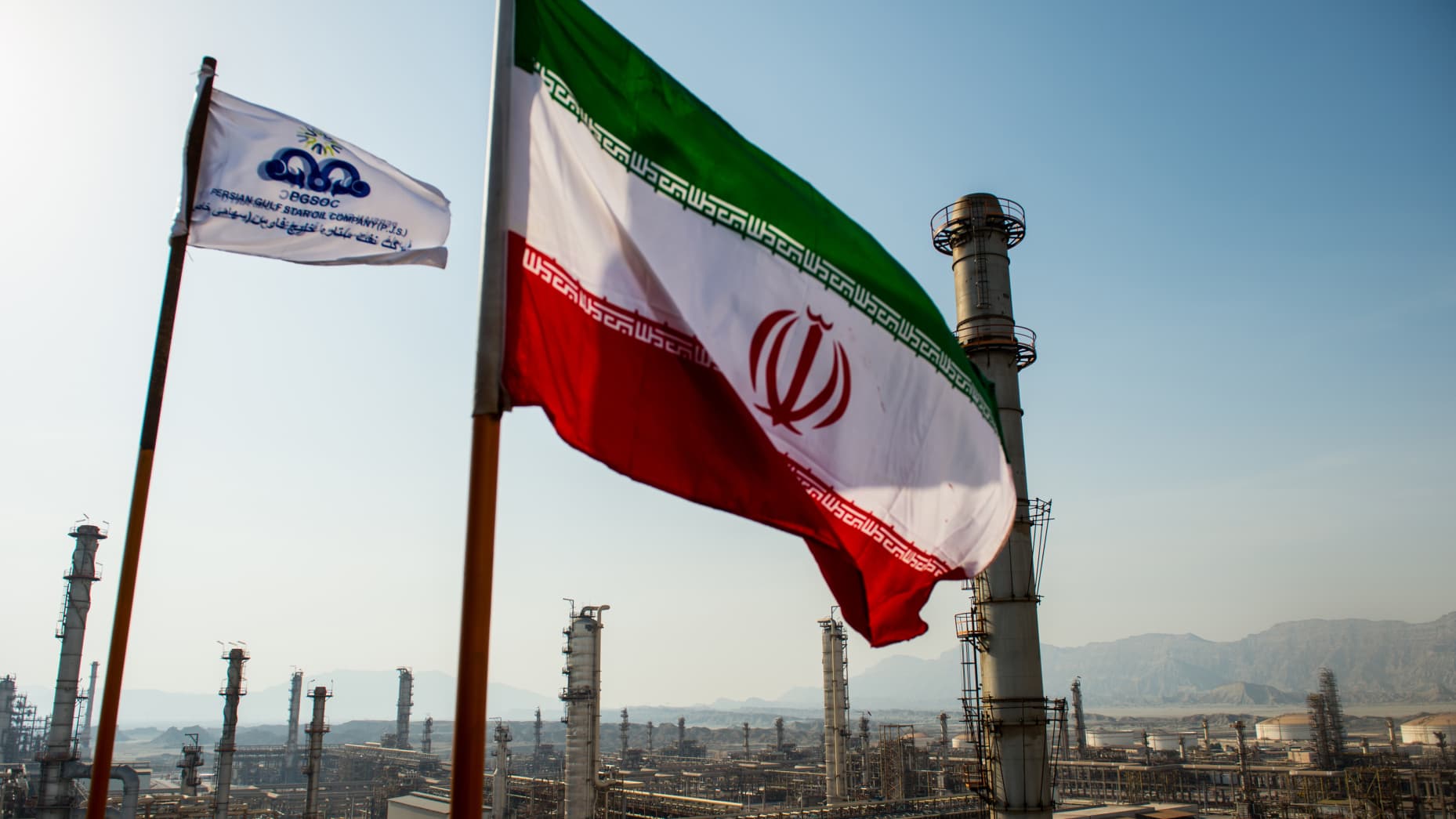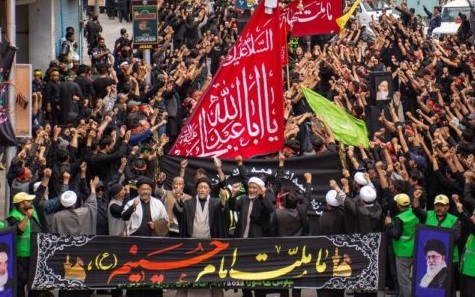Israel once again in Beirut
The Israel-Hezbollah war has become the dominant event in the Middle East. The Israeli army has entered southern Lebanon, and Israel’s air force is targeting selected Hezbollah strongholds in Beirut. The year-long Israel-Hamas war is now a regional conflict, with international actors from the Gulf monarchies to Iran, the U.S., Europe, and the UN, trying to influence the course of events towards a ceasefire.










